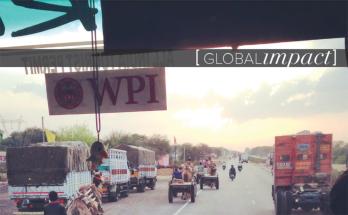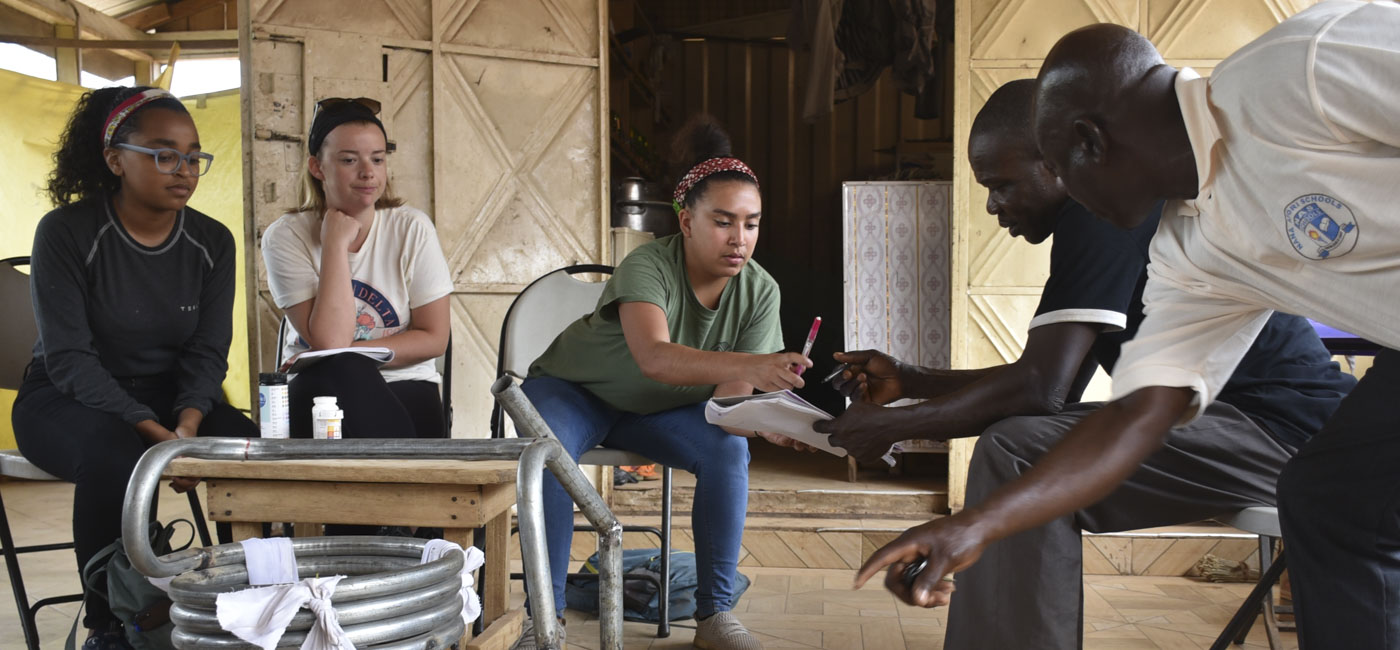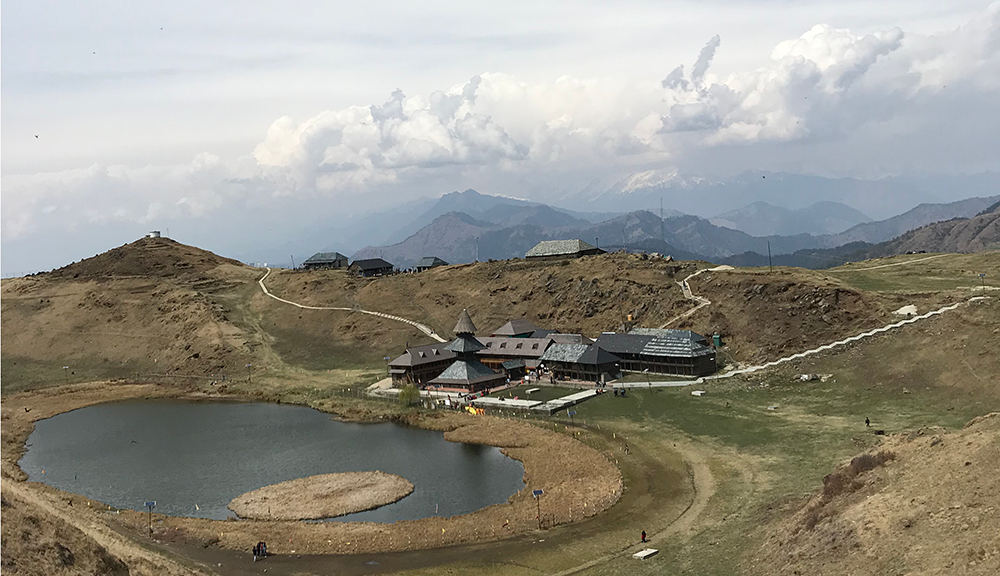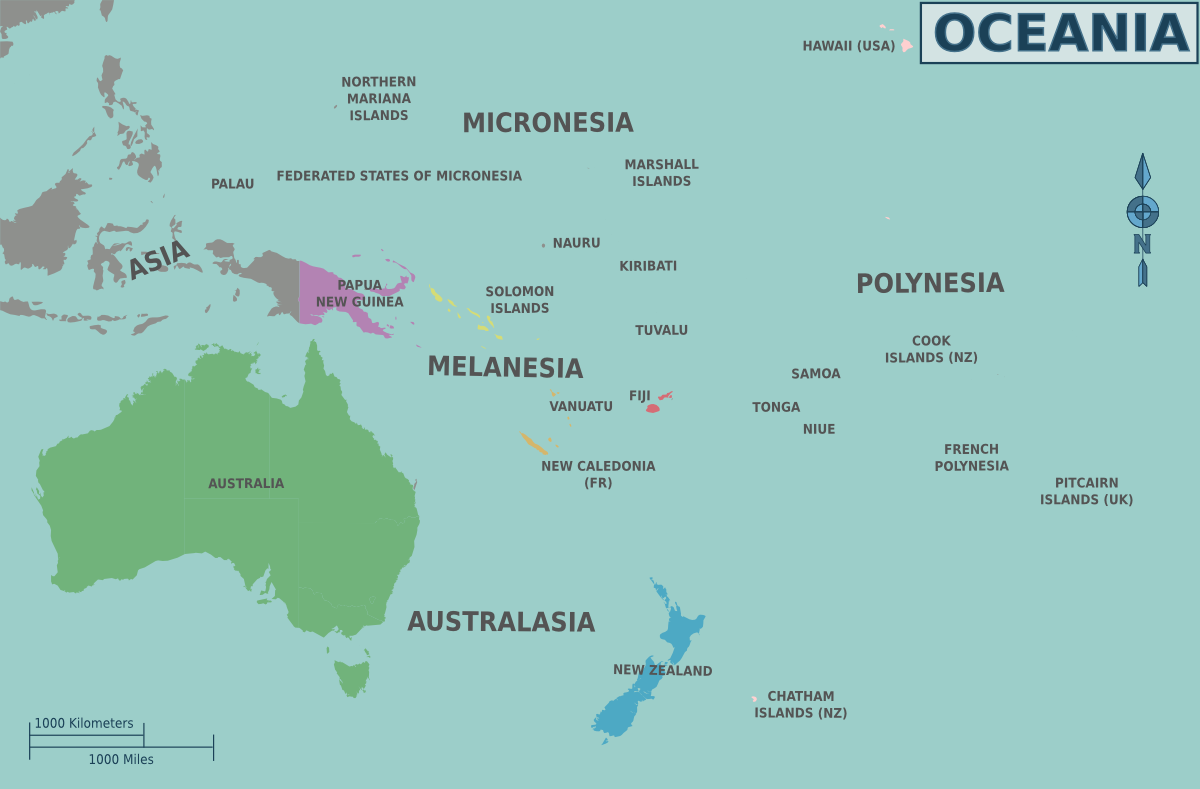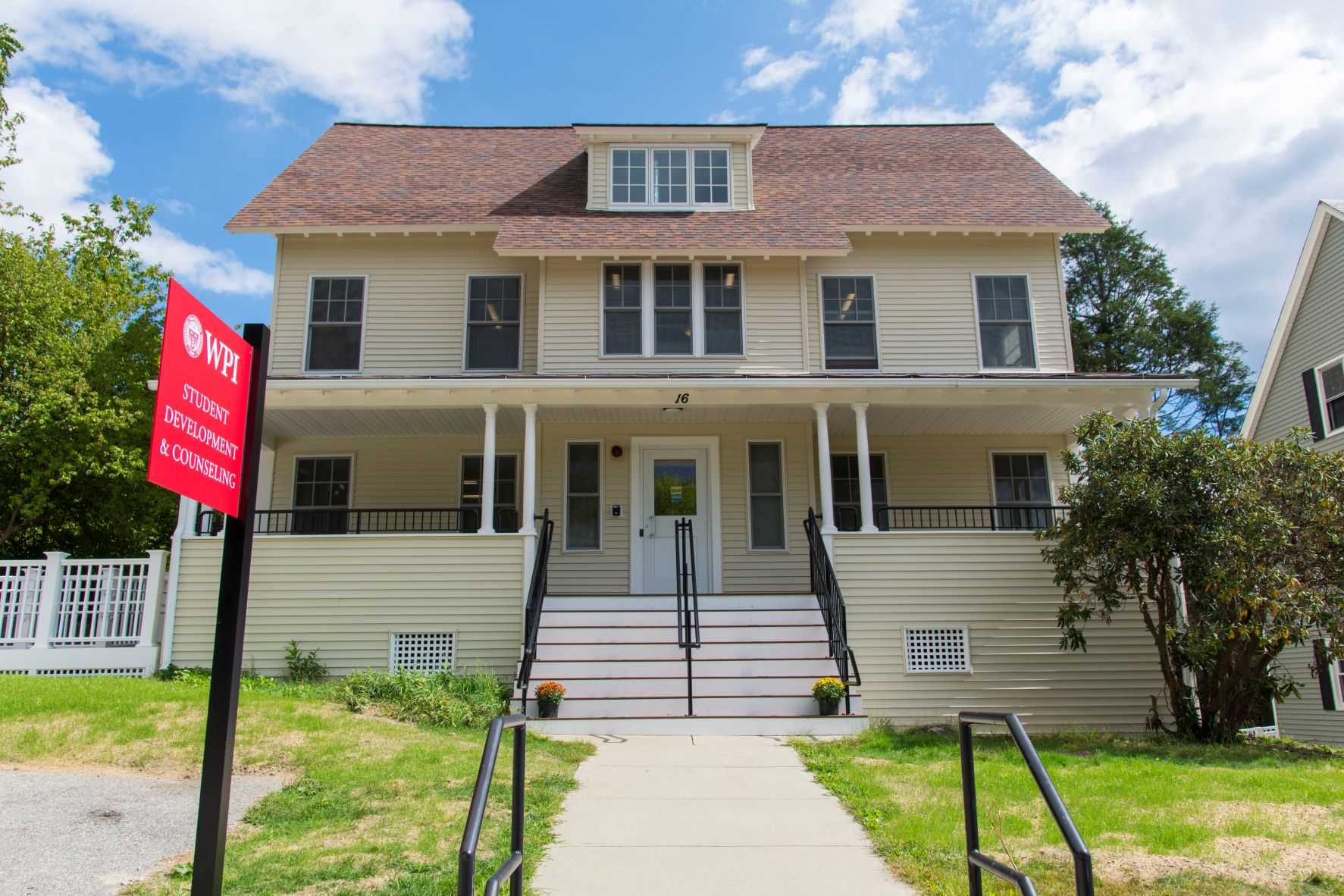In the lap of Northern India’s Himalays lies the state of Himachal Pradesh—there, tucked away in the Sivalik Range, sits the Indian Institute of Technology (IIT) at Mandi and one of the newest WPI project centers.
Established in 2013, the India Project Center works with IIT Mandi, in collaboration with local partners, on projects lasting roughly two months.
The teams of IIT and WPI students tackle projects such as urban and rural infrastructure, community resilience, public health, micro-economies, sustainable shelters, and regional communication technologies.
The WPI students prepare for their project work during the seven weeks before the project begins; their IIT counterparts, about a month before. Once onsite, both sets of students merge for seven weeks of fieldwork and report analysis.
As Professor Ingrid Shockey, an environmental sociologist and director of the India Project Center, explains, the WPI/IIT teammates not only tackle a problem collectively, but experience deep learning regarding expectations and collaboration—redefining their former understanding of what makes a team.
“Students at both universities learn that the stakeholders have to be seen as partners in this process,” explains Shockey. “Without experience in how other people live/work/learn, our students have no business making policy or design decisions as engineers or scientists working in the world today.”
Management information systems major Philippe Kelley ’16 says his time was spent assessing local public health care infrastructure in some of India’s most rural areas. He worked with his team to find administrative and technological solutions for accessible health care—residents in remote areas needed help simply getting to a health facility due to poor conditions of local roads. “In our interviews with local residents, we learned the difficulty of getting the injured or sick to a hospital," he recalls. "We’d heard stories about strapping the sick to chairs to make the rough journey to the local medical facility.” As a result, he and his team designed a mobile stretcher that could help make the journey to a local hospital safer and less distressing for the sick or injured.
“India was the highlight of my undergraduate education in so many ways. “I not only had to tie information from my major to the project in a direct way, but had to work with a team in a completely new manner.”
After graduation, Kelley will be working at Liberty Mutual as an IT analyst, which he credits directly to his work in India. The team members had opportunities to interact with government officials while experiencing the richness of day-to-day life in small villages—all while bringing their classroom education into the field to help create viable, workable solutions within the community.
Shockey, who also serves as co-director of WPI’s New Zealand Project Center, says, “The kinds of rewarding experiences we have here are almost beyond description.”
